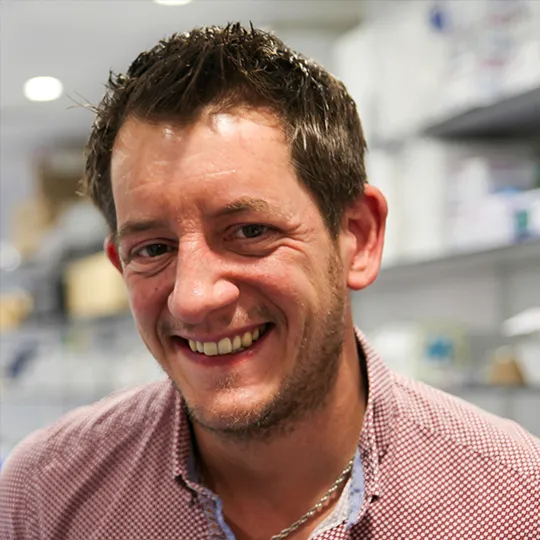The London Centre for Nanotechnology (LCN) is a UK-based multidisciplinary enterprise operating at the forefront of science and technology. Its purpose is to solve global problems in information processing, healthcare, energy and the environment through the application of nanoscience and nanotechnology. Founded in 2003, the LCN began as a joint venture between University College London and Imperial College London, based at the Bloomsbury and South Kensington sites; King's College London joined the collaboration in 2018.
The LCN @ King's spans the Faculty of Natural & Mathematical Sciences, Faculty of Dentistry, Oral & Craniofacial Sciences and Faculty of Life Sciences & Medicine and has over 70 affiliated academics.
The Centre has a unique operating model that accesses and focuses the combined skills of all three universities across several key departments; Chemistry, Physics, Materials, Medicine, Electrical and Electronic Engineering, Mechanical Engineering, Chemical Engineering, Biochemical and Biomedical Engineering and Earth Sciences.
LCN research broadly focuses on three challenges; healthcare, planet care and information technology, and LCN researchers use a wide variety of techniques at the nanoscale to further our knowledge and understanding and explore innovations in these areas.
LCN equipment at King's is housed in the Strand Research Facility, Centre for Ultrastructural Imaging, London Metallomics Facility and the Nikon Imaging Centre, offering a wide variety of tools for researchers working at the nanoscale, including:
Atomic force, electron and optical microscopy
Spectroscopy
Characterisation
Related equipment
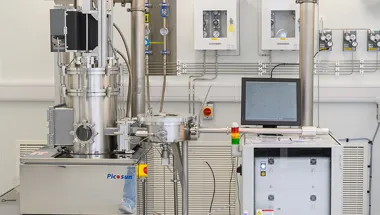
Picosun R-200 Advanced Atomic Layer Deposition (ALD) System.
Used for depositing films of oxides and sulfides of Al, In, Ga, Hf and Ti as well as metallic gold. Location: Strand Building S-1.23 Clean Room

Leybold Thermal Evaporator
Low-vac system for up to 100 nm coatings of gold, aluminium, silver and nichrome
Bruker Dimension ICON Atomic Force Microscope
AFM with tapping, resonance and contact modes for topographical and conductivity analysis
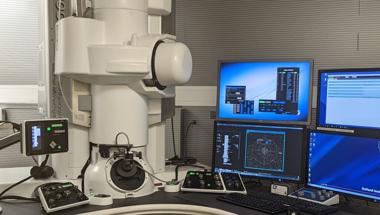
JEOL JEM-F200 TEM
The JEOL JEM-F200 is our current cryo-TEM and is used for screening of cryo-samples as well as room temperature applications such as tomography.
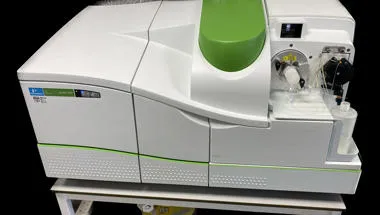
ICP-MS - NexION 350D ICP-MS
ICP-MS - NexION 350D ICP-MS
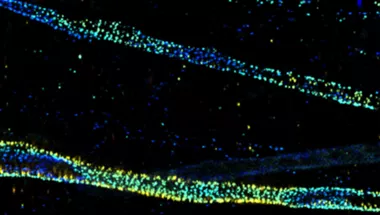
N-STORM super resolution
Super resolution - Imaging at lateral resolution of approximately 20nm, and axial of 50nm can be achieved.
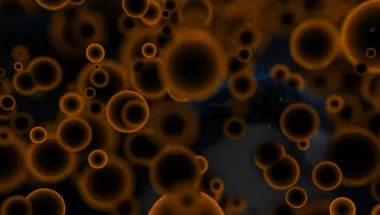
LA-ICP-MS/MS - Teledyne Iridia Laser with Thermo iCapTQ
Laser ablation ICP-MS allows for spatial elemental mapping and quantification down to 1 micron resolution in both biological and inorganic solid samples
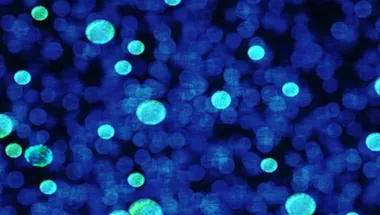
TXRF – S2 PICOFOX
The first and only transportable TXRF spectrometer with elemental detection limits in the lower pg, ppb and ppm range.
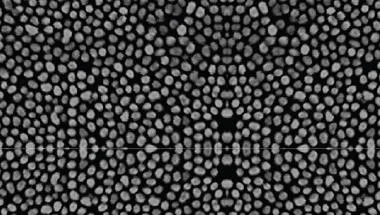
Zeiss EVO LS15 Scanning Electron Microscope with EDX
Modular SEM Platform for Intuitive Operation
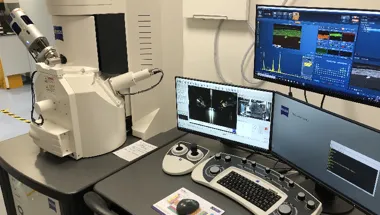
Zeiss EVO LS15 ESEM
ESEM with EDS analysis
LCN outputs indicate that it is one of the best nanoscience centres worldwide. Its investigators collectively publish over 400 papers per year, with more than 3% considered highly cited by the ASI index, attracting around 50,000 citations in the five-year period to April 2022.
The LCN covers a wide breadth of research themes, and researchers obtained more than £145M in new funding from 2020-2022, mainly from government bodies, but also a strong input from charities such as the Wellcome trust.
The Centre has a unique operating model that accesses and focuses the combined skills of all three universities across several key departments; Chemistry, Physics, Materials, Medicine, Electrical and Electronic Engineering, Mechanical Engineering, Chemical Engineering, Biochemical and Biomedical Engineering and Earth Sciences.
LCN research broadly focuses on three challenges; healthcare, planet care and information technology, and LCN researchers use a wide variety of techniques at the nanoscale to further our knowledge and understanding and explore innovations in these areas.
Facility staff
Affiliated academics
LCN equipment at King's is housed in the Strand Research Facility, Centre for Ultrastructural Imaging, London Metallomics Facility and the Nikon Imaging Centre, offering a wide variety of tools for researchers working at the nanoscale, including:
Atomic force, electron and optical microscopy
Spectroscopy
Characterisation
Related equipment

Picosun R-200 Advanced Atomic Layer Deposition (ALD) System.
Used for depositing films of oxides and sulfides of Al, In, Ga, Hf and Ti as well as metallic gold. Location: Strand Building S-1.23 Clean Room

Leybold Thermal Evaporator
Low-vac system for up to 100 nm coatings of gold, aluminium, silver and nichrome
Bruker Dimension ICON Atomic Force Microscope
AFM with tapping, resonance and contact modes for topographical and conductivity analysis

JEOL JEM-F200 TEM
The JEOL JEM-F200 is our current cryo-TEM and is used for screening of cryo-samples as well as room temperature applications such as tomography.

ICP-MS - NexION 350D ICP-MS
ICP-MS - NexION 350D ICP-MS

N-STORM super resolution
Super resolution - Imaging at lateral resolution of approximately 20nm, and axial of 50nm can be achieved.

LA-ICP-MS/MS - Teledyne Iridia Laser with Thermo iCapTQ
Laser ablation ICP-MS allows for spatial elemental mapping and quantification down to 1 micron resolution in both biological and inorganic solid samples

TXRF – S2 PICOFOX
The first and only transportable TXRF spectrometer with elemental detection limits in the lower pg, ppb and ppm range.

Zeiss EVO LS15 Scanning Electron Microscope with EDX
Modular SEM Platform for Intuitive Operation

Zeiss EVO LS15 ESEM
ESEM with EDS analysis
LCN outputs indicate that it is one of the best nanoscience centres worldwide. Its investigators collectively publish over 400 papers per year, with more than 3% considered highly cited by the ASI index, attracting around 50,000 citations in the five-year period to April 2022.
The LCN covers a wide breadth of research themes, and researchers obtained more than £145M in new funding from 2020-2022, mainly from government bodies, but also a strong input from charities such as the Wellcome trust.
Partners
The LCN also has strong relationships with the broader nanotechnology and commercial communities and is involved in many major collaborations, nationally and internationally. As the world's only such facility located in the heart of a metropolis, the Centre has superb access to corporate, investment and industrial partners. It is at the forefront of nanotechnology training and enjoys a strong media presence around educating the public and bringing transparency to this far-reaching and emerging science.
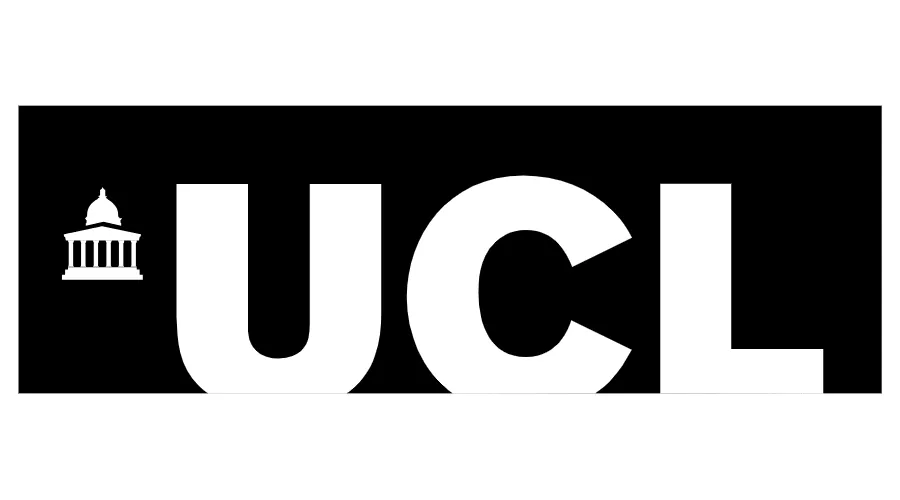
University College London

Contact us
For more information about the London Centre for Nanotechnology at King's, please contact us at:



